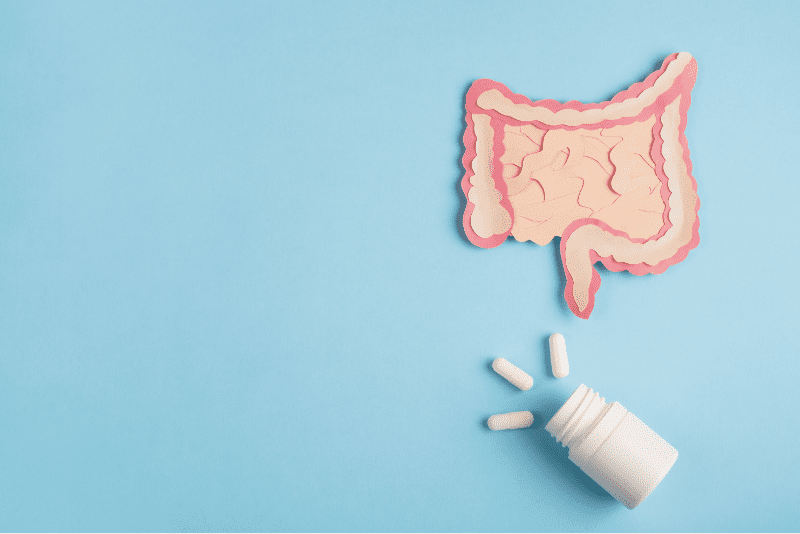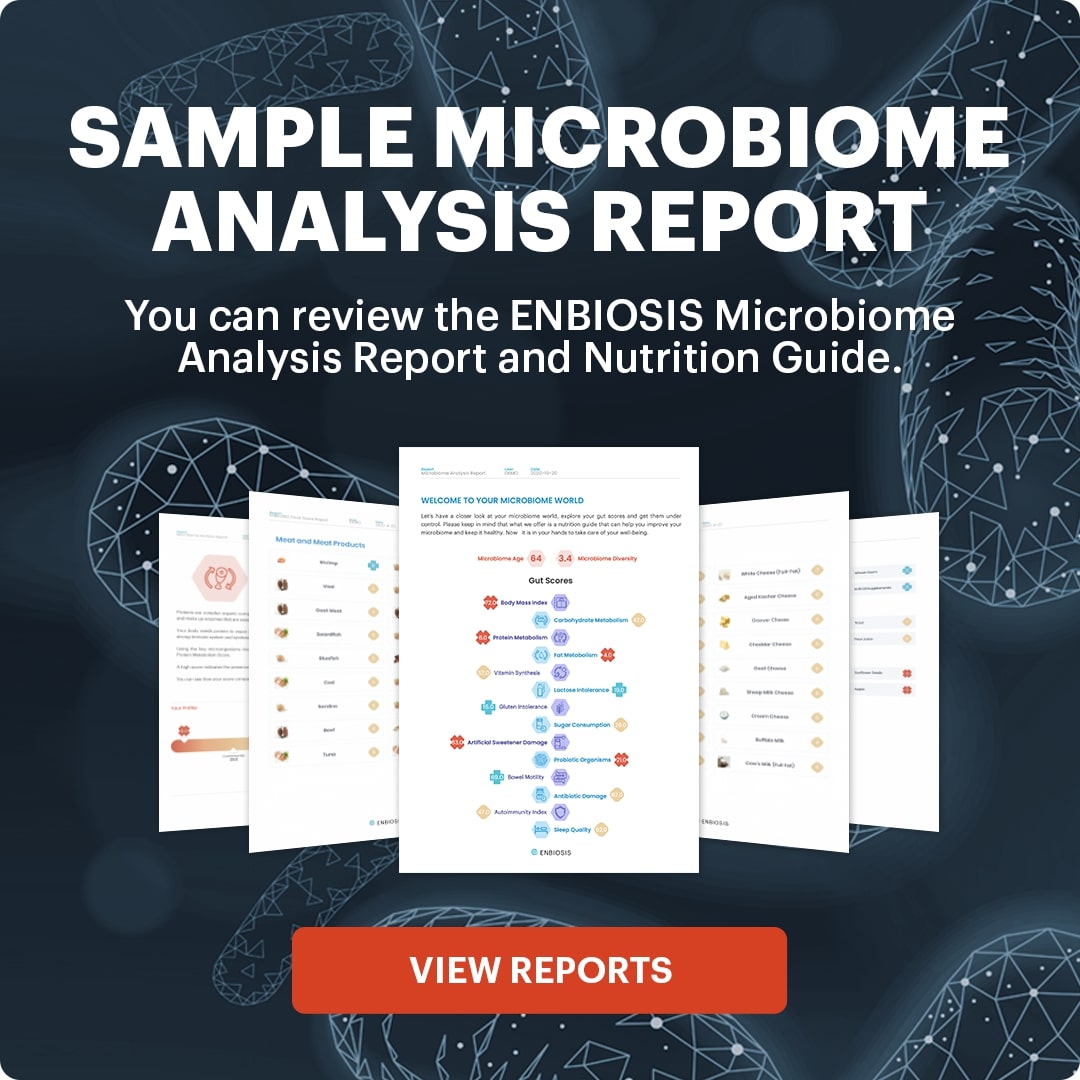Weight loss is a complex issue that is influenced by many factors, including our genetics and the lifestyle choices that we make. Notably, recent studies have shown that our microbiome, the unique collection of microorganisms residing in our gut, can also play an important role in managing our weight. In this blog article, we will explore how the bacteria within our gut influence our weight. We will also discover how microbiome testing can be used to aid our weight loss efforts.
Table of Contents
How Does Our Gut Microbiome Influence Our Weight?
Our gut microbiota is a key player in many aspects of our health and well-being. An area in which our gut bacteria can have a significant impact is in the control of our metabolism and appetite. Research has shown that the composition and diversity of our gut microbes can significantly influence how we process the food that we eat, how much energy we derive from it, and how our body stores excess fat reserves.
An interesting study examined the differences in gut flora between obese and lean twins. Researchers found that obese twins showed changes in the structure and function of their gut microbiome, and also had lower gut bacterial diversity. Specifically, lean individuals were found to have a higher percentage of Bacteroidetes in their gut. These microbes help to break down fibers and plant starches into short-chain fatty acids (SCFAs), which have many health benefits. In contrast, overweight individuals have been shown to have decreased Bacteroidetes and increased Firmicutes in their gut.
Healthier and leaner individuals tend to have a highly diverse range of gut bacteria. Meanwhile, those with lower gut bacterial diversity might find losing weight more challenging. Various factors influence the composition and diversity of our gut microbiome, including our diet, lifestyle, and medication. Research has shown that increasing the diversity of our gut flora through diet, specifically increasing our fiber intake, could be an important factor in managing long-term weight gain independently of how many calories we consume.

How Can Gut Microbiome Testing Help With Weight Loss?
Given the crucial role that gut microbes play in our digestion and metabolism, microbiome analysis may be a powerful tool in helping us to lose weight. By identifying the types of bacteria in your gut, microbiome testing can help you to make fundamental dietary and lifestyle changes that support your weight loss.
One way that microbiome testing can help you lose weight is by identifying which foods are most suited to your unique gut microbiome. Different types of food support the growth and function of specific strains of bacteria. Therefore, by knowing which microbes are present in your gut, you can tailor your diet and supplements to support the growth of beneficial bacteria and inhibit the growth of potentially pathogenic or harmful bacteria. This can help to optimize your digestion and metabolism, leading to weight loss or maintenance.
Another way that microbiome testing can aid with weight loss is by identifying imbalances, or dysbiosis, in your gut. If you have too many harmful bacteria and not enough beneficial bacteria, this can lead to inflammation, insulin resistance, and other health problems that make it harder to lose weight. By identifying these imbalances, you can take steps to rebalance your gut flora and promote weight loss.
Personalized Nutrition for Weight Loss
Everybody has their own nutritional needs based on their age, sex, activity level, current weight, health status, and the unique community of microbes within their gut. Using detailed microbiome analysis, experts can develop personalized dietary recommendations, tailored to meet your unique nutritional needs.
A personalized microbiome diet plan designed with weight loss in mind will focus on specific macronutrients, such as protein, carbohydrates, or fiber, and how they interact with your gut microbes. For example, if your microbiome analysis indicates that you have a high number of bacteria that are efficient at metabolizing carbohydrates, your personalized nutrition plan may suggest a lower carbohydrate intake and higher levels of proteins and fats. This would help to control your blood sugar levels and manage your appetite, which in turn can aid weight loss.
On the other hand, if the analysis shows that your microbiome could benefit from an increase in dietary fiber, your diet plan might include plenty of whole grains, legumes, fruits, and vegetables.
Ultimately, the goal of personalized nutrition is to help individuals make sustainable changes to their diet. These changes can help to support long-term weight loss and improve overall health.

Probiotic Supplements for Weight Loss?
Microbiome analysis can also provide valuable insights into the types of probiotic supplements that may be beneficial for our health. Probiotic supplements can help to improve the balance of gut microbes, leading to better digestion and nutrient absorption. Studies have shown that probiotics can help with weight loss and body fat reduction. In particular, probiotic supplements containing strains of Lactobacillus and Bifidobacterium have been found to be beneficial in supporting weight loss. Furthermore, certain probiotics may inhibit fat absorption from the diet, increasing fat excretion through the feces.

Guide Weight Loss with Enbiosis’s AI-Powered Microbiome Testing
Are you looking to make more informed decisions about your health? Enbiosis offers innovative AI-driven microbiome testing to explore the unique makeup of your gut microbiome. Our experts can provide you with a personalized nutrition and supplement plan tailored to your weight loss goals and based on your unique microbiome composition. By analyzing the bacteria in your gut, Enbiosis can help to identify the foods and supplements that will help you to achieve your weight loss goals.
Contact us today to find out more.

